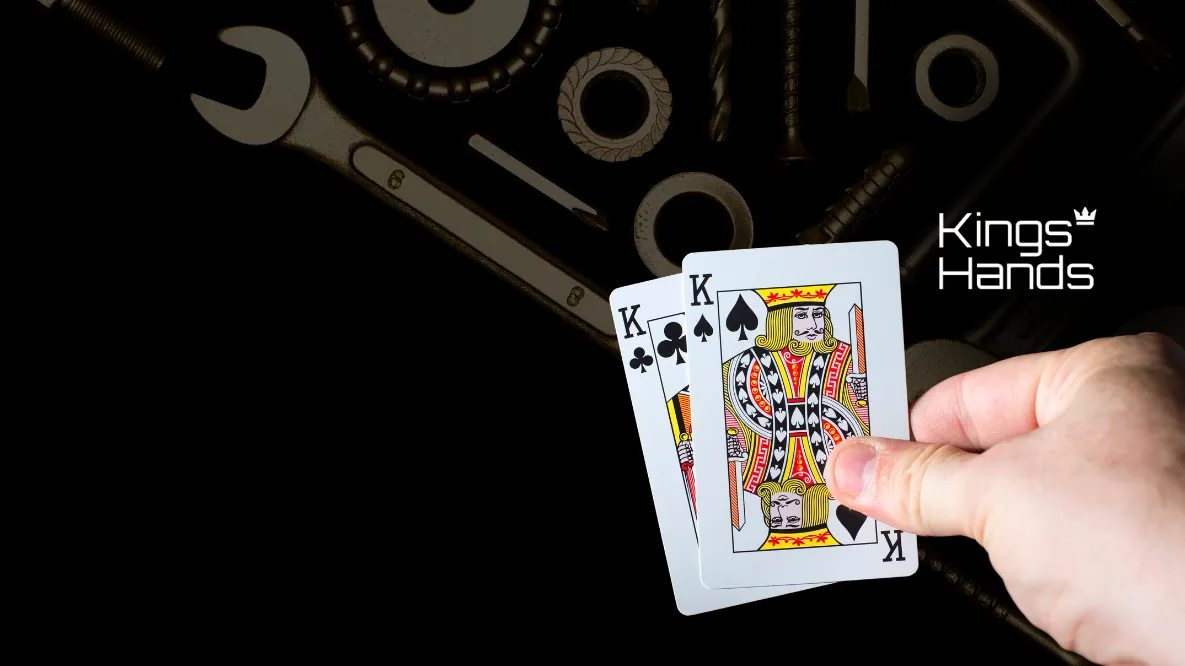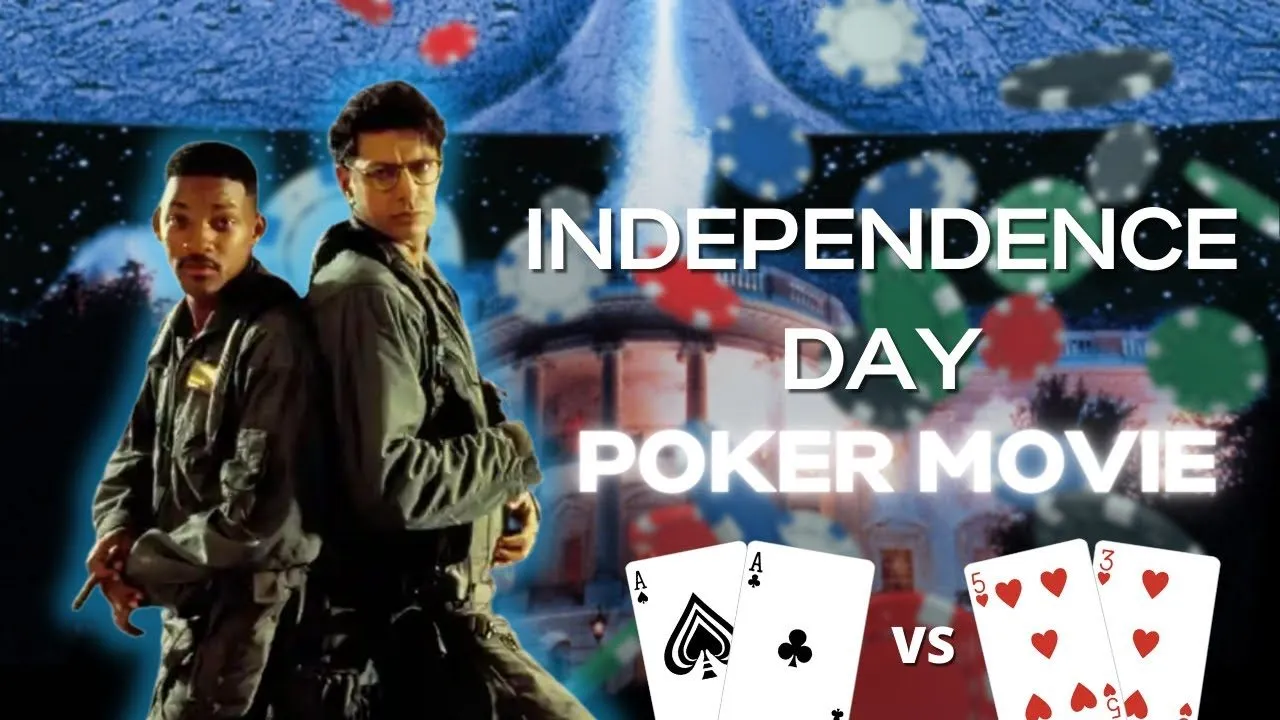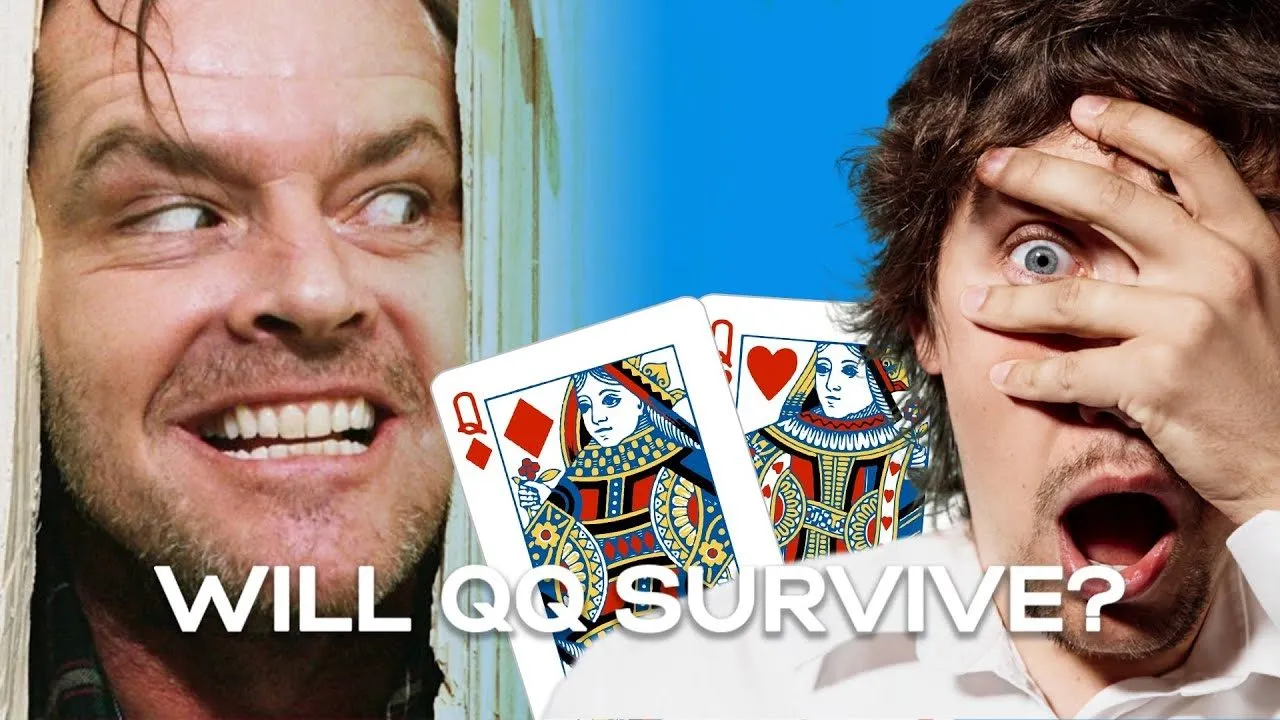Where should my brain be during a poker hand? There are loads of ways your brain can wander during a hand, but try to hone your thoughts onto these main topics:
- What’s in their range? This is the core question. Which hands we can rule out of Villain’s range based on a) their play up to this point and b) any blockers seen in our hole cards or on the board. Narrowing Villain’s range is the key skill needed for playing profitably in poker. It takes time and practice to get good at, but asking the right questions in-game is definitely the place to start. You might not be as quick at counting combos as Daniel Negreanu, but just thinking about these things is the way to get better and one day catch him up!
- What’s the price? Whether you’re considering a raise, a fold or a call, you need to know the odds being laid. How much are you being asked to risk into a pot of what amount? How often do you need this play to work, to make a profit? This skill combined with ranging your opponent and planning your lines will bring you up to the elite level as a player. Check out our Risk & Reward Primer for a great start with this skill set.
- Why am I betting (or checking)? You should always have a clear sense of whether you are betting for value or as a bluff. If it’s value, what worse hands are you targeting for value across how many streets of betting? If it’s a bluff, what better hands are you trying to get to fold across how many streets of betting? If you’re checking, there should be a reason too. You may also want to ask yourself what other hands in my range am I playing this line with, particularly if your opponent is a thinking player. There are a few more complex reasons for betting, such as denying equity, but these questions are a very good place to start in-game.
- What else factors in? A host of factors weigh into a poker decision, including player reads, game structure, stack depth, position, your image, payouts, and of course the cards dealt. You need to know how to weigh the significance of these different factors in determining the best course of action. Again, just recognising the complexity, and the factors at play, and asking relevant questions of yourself as to what matters most, is a great starting point.
- What’s my plan? Plans can change and get adapted with new information, but on the flop you should always have a plan as to which turn and river cards you are planning to continue playing aggressively on, and on which you plan to slow down. This should be based on your best understanding of how your range, and your opponent’s range interact with the board. A (wo)man without a plan is a dangerous thang.
For more nuggets of poker wisdom join our Discord!
Image courtesy of PokerGO.com





















